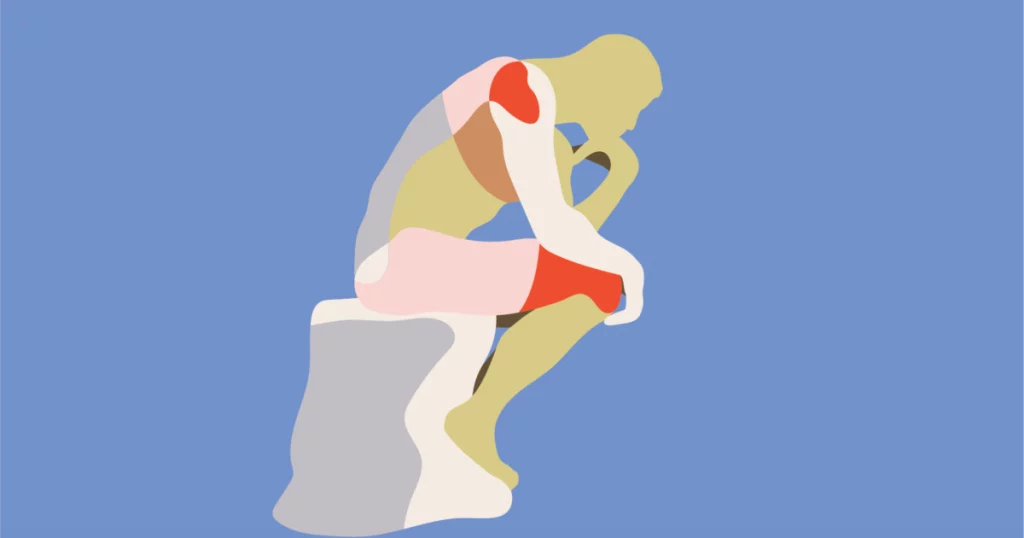Support Through Cancer
- King Charles, 75, and Princess Kate Middleton, 42, have received messages from nearly 30,000 well wishers following their respective cancer diagnoses, according to an annual briefing from the Monarchy.
- While getting cancer is certainly overwhelming, and handling the public attention as a Royal is incredibly hard to fathom, on the flip side, feeling that there is NO ONE there to help you may be just as, if not more, overwhelming.
- Some people battling cancer or other disease are open to sharing their experiences as much as they can, while others prefer to keep it to themselves. SurvivorNet experts say both approaches and everything in between are valid, but no one should have to face these challenging times alone.
- Triggers such as stress, traumatic events, or a change in your physical health can all affect mental health, therefore it’s really important to keep tabs on any changes you are experiencing mentally or physically, and seek treatment. In the meantime, SurvivorNet’s mental health guide is here to help. Whether it’s a professional therapist, a neighbor, friend, church group or other support group, know that there are people out there who care for you.
Both Royals, who have not yet confirmed what type of cancers they have, shared just how much the support (of roughly 27,620 messages to be exact) has meant to them.
Read More✉️ The King has had a chance to read a wide selection of the thousands of Get Well cards and letters that have been sent to Buckingham Palace since his diagnosis.
🖋️ Thank you to all those who have written in. pic.twitter.com/Ok7YGMb3h7 — The Royal Family (@RoyalFamily) February 23, 2024
On February 5, the Palace announced that the King had “a form of cancer” after a benign (non-cancerous) prostate procedure. The cancer was confirmed via “subsequent diagnostic tests.”
Though most details remain unclear, the statement added: “His Majesty has chosen to share his diagnosis to prevent speculation in the hope it may assist public understanding for all those around the world who are affected by cancer.”
RELATED: Removing Shame, King Charles, 75, Reveals Upcoming ‘Corrective Procedure’ To Treat Enlarged Prostate
Similarly, most details of Princess Kate’s health status have been kept private, though she chose to share a video announcement in March after months of wild media speculation and assumptions made by the public.
She shared that she was undergoing preventative chemotherapy treatment and requested privacy for her and her family during the difficult time.
View this post on Instagram
While getting cancer is certainly overwhelming, and handling the public attention as a Royal is incredibly hard to fathom, on the flip side, feeling that there is NO ONE there to help you may be just as, if not more, overwhelming.
Why Some Patients Choose to Fight Alone and When to Talk About Your Diagnosis
Some people battling a disease or cancer are open to sharing their experiences as much as they can, while others prefer to keep it to themselves or close loved ones. SurvivorNet experts say both approaches and everything in between, are valid.
“Patients who have just been diagnosed with cancer sometimes wonder how they are going to handle the diagnosis of the cancer in social situations,” psychiatrist Dr. Lori Plutchik explained in a previous interview.
WATCH: Sharing a Diagnosis
“There is no one right way to handle this diagnosis. People should do what feels right to them.”
A cancer journey can last months to years, which means cancer patients may be experiencing a lot of uncertainty until they fully understand where their health stands. This uncertainty can influence when a cancer patient is ready to share their diagnosis, Dr. Plutchik further explained.
Seeking Support
Talking to a mental health professional can help you navigate all of these feelings, but make sure that the person you work with is “reaching out with your consent to the rest of your team — to the oncologist, to the surgeon — it can also be helpful to reach out to family, friends, and any other caretakers that may be involved in the person’s treatment.”
Dr. Plutchik recommends cancer patients consider the following three steps to get the help they need after a diagnosis:
- Step #1: Seek additional support if you need it (this could mean speaking to a mental health professional or seeking out a support group)
- Step #2: Look for a mental health professional with experience helping people in your situation.
- Step #3: Keep your care team connected. This may include your friends and loved ones, your therapist, and the doctors who are treating your cancer.
Dr. Plutchik also stressed that those close to a person going through cancer should be respectful of their wishes when it comes to disclosing their diagnosis and seeking support.
Learning Healthy Coping Skills & Turning to Support Groups
To help you through a challenging diagnosis, a mental health professional may steer toward any or all of the following, and determine what might best work for you:
- Learning healthy coping skills
- Medication such as antidepressants
- Adding more physical activity to your routine
- Adjusting your sleep schedule
- Connecting with others via support groups
- Mindfulness and meditation
Feel the fear and let it go — A guided meditation for the cancer community
The term mental health refers to both our emotional and psychological well-being. Our mental health can affect how we think, feel, and behave. When it comes to facing physical or mental challenges, there’s nothing to be ashamed of — and it is important to realize you are not alone.

Triggers such as stress, traumatic events, or a change in your physical health can all affect mental health, therefore really important to keep tabs on any changes you are experiencing mentally or physically, and seek treatment.
In the meantime, SurvivorNet’s mental health guide can help.
Learn more about SurvivorNet's rigorous medical review process.

